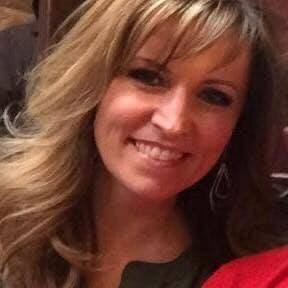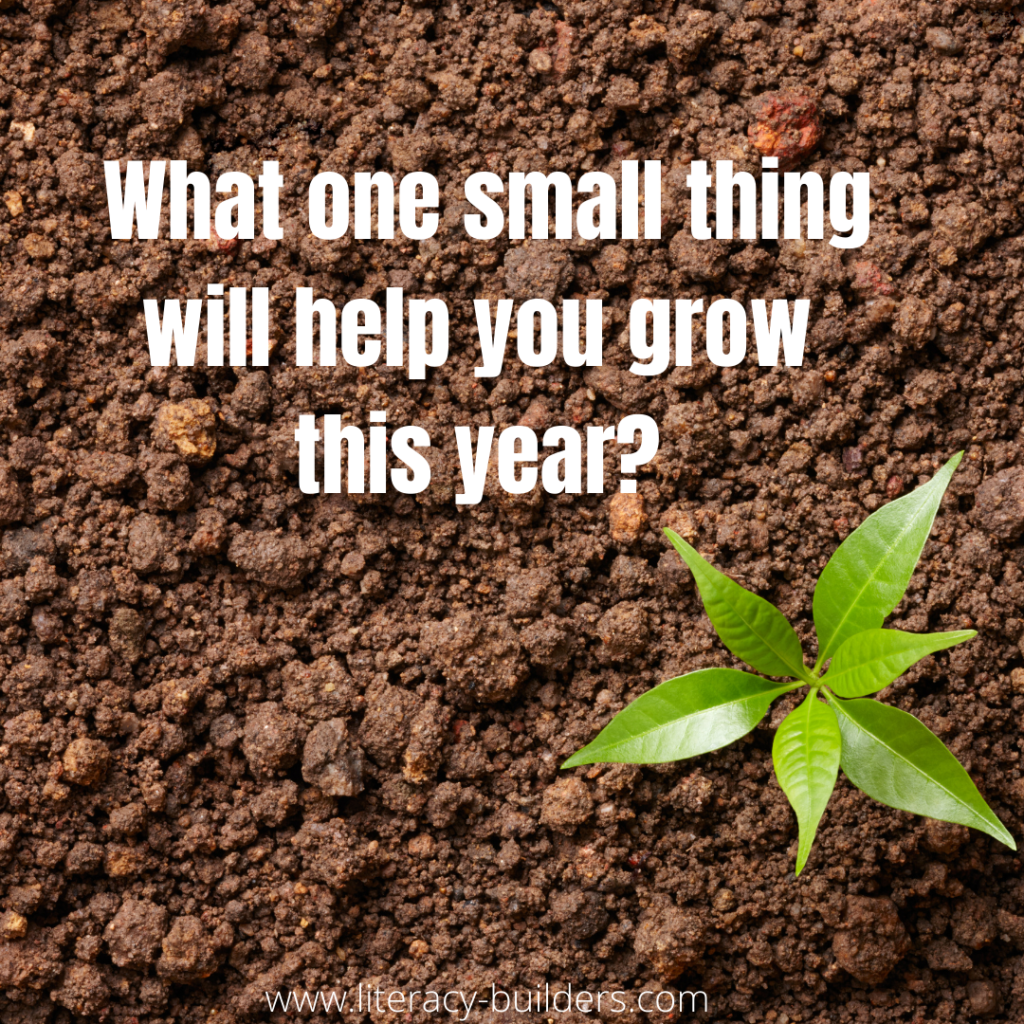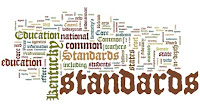 Today, join me, Kim Yaris, in warmly welcoming my good friend and colleague, Deanna Krueger, a literacy specialist in Bismarck, North Dakota, to the Literacy Builders blogging family. As I have been struggling with the many demands of being back in the classroom, Deanna’s words were just what I needed to hear and I suspect that they will resonate with many of you as well!
Today, join me, Kim Yaris, in warmly welcoming my good friend and colleague, Deanna Krueger, a literacy specialist in Bismarck, North Dakota, to the Literacy Builders blogging family. As I have been struggling with the many demands of being back in the classroom, Deanna’s words were just what I needed to hear and I suspect that they will resonate with many of you as well!
A few years ago, I began teaching kindergarteners to read. I was nervous. As a teacher of older grades, I really didn’t know the beginning stages of literacy development well. Out of necessity, emerging literacy became my focus. I dug in, reading books and articles, attending training sessions, watching countless recordings of expert early literacy professionals. I engaged, experimented, reflected, contemplated, and sought additional information.
In the process, I learned the critical importance of phonological awareness activities, such as rhyming and syllabication, and the subset of phonemic awareness. In kindergarten, students build phonological awareness through activities such as rhyming, clapping syllables, and sorting words by initial sounds, which lead to phonemic awareness tasks like segmenting the sounds of consonant-vowel-consonant words.
Because I work with students in kindergarten through fifth grade, I was delighted to recognize that these early skills provide a scaffold for more sophisticated literacy competence in older children. Work with phonological awareness and phonemic awareness provides a platform to phonics and word study instruction and practice. When young students break one-syllable words into onset and rime, they set the stage for the ability to visually scan and recognize word parts in multisyllabic words. This is crucial for older children because multisyllabic words make up a large part of grade level equivalent text. As children advance to late elementary school and middle school, they must visually pluck Greek and Latin roots and affixes in order to decode words and decipher meaning.
Because of my singular focus on learning everything I could about early elementary literacy, I started to see the link of those early literacy milestones with the next stages of development, allowing me to more efficiently provide stepping stones for advancement. This understanding has been extremely beneficial as a literacy teacher of kindergarten through fifth grade.
My latest refinement in understanding may seem insignificant, but it satiated my curiosity regarding whether or not children really needed to know the terms consonant and vowel. I knew that children needed to know the functions of consonants and vowels and how words were built with them, but I really wasn’t sure that they needed to know the labels of consonant and vowel. As I prepared a word study lesson, I realized that if children knew the difference and could attach the term, word study would be easier. In the lesson, I would teach that if one knew consonants and vowels, it would be easy to know whether or not to drop silent e when adding an ending. If the ending started with a vowel, such as -ed or -ing, one would drop the silent e. Easy!
BAM! I had a deeper understanding of why young children should spend time differentiating consonants and vowels. In kindergarten and first grade, it is worth the time to sort letters into consonants and vowels in order for students to be fluent and flexible as they advance through the literacy continuum.
So much joy in teaching has been snuffed out due to our unrealistic expectations of ourselves. We are in a constant pursuit of perfection, trying to do many things well, feeling, in the end, like we’ve done nothing well. This can suck the life out of teaching, leaving us weary and demoralized.
However, we can indeed make it joyful again by doing one thing differently. We can choose an area of intention and focus. We can choose ONE THING in which to achieve excellence – not perfection, but quality and distinction.
Let that settle in for a moment. Just…One…Thing.
Focusing on just one thing allows us to hone skills and gain knowledge and what’s more–there’s the extra added benefit of the spill-over effect–when your new learning and understanding branches into other parts of teaching.
You cannot be perfect at everything. That is too much to ask of yourself. But you can do one thing. What are you curious about? Choose one thing this year to develop, polish and refine.
One thing. You can do that. You’ve got this!





